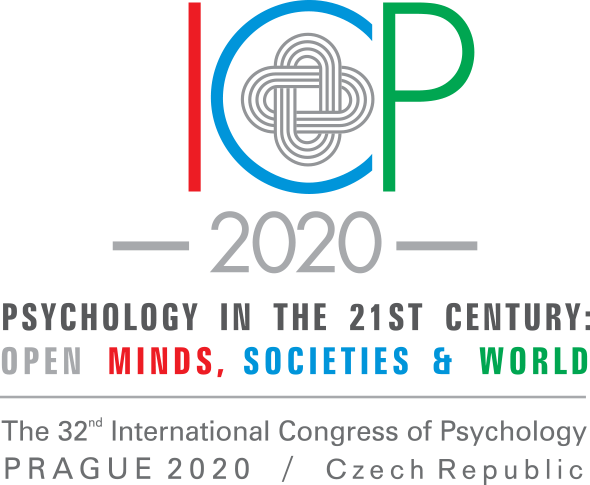

Military and Space Psychology Working Group

Working group members:
- Mgr. Jitka Laštovková, Ph.D.
- Mgr. Eva Pavlíková, Ph.D.
- Ing. Miroslav Žižka, LTG. Ret.
- Dr. Samir Rawat (IND)
- PhDr. Jaroslav Sýkora, Col.Ret., IAAM
- PhDr. Iva Šolcová, sr.
- Vladimír Benny Bernard, Ph.D.
- Mgr. Eva Chroustová
- Mgr. Pavel Král, PhD.
Motto of the Group:
“Per Aspera ad Astra…“
Psychology studies human behaviour, thinking and experiencing not only in normal and everyday situations but also in extraordinary, extreme moments. It is precisely in this area that the link between military and cosmic psychology lies. In both cases, conducting research, proposing measures, and applying findings enable one to understand, predict and possibly modify human behaviour or its conditions to be more appropriate for a specific situation.
The forms of stress studied by psychology are not limited only to the military and the army. However, a unique combination of these stressors in combat and war environments can cause the development of maladaptive responses. The various forms of post-traumatic stress disorder are the most common. Applied military psychology focuses on the selection and training of military professionals as well as on counselling, prevention, and treatment of the consequences of stress and fatigue on military personnel and military families. Social and field research complemented by socio-diagnostics, analyses of the structure and dynamics of personal relationships as well as relationships in military units and between units play a very important role. It is continuous and long-term monitoring of the soldiers' work satisfaction level, the quality of their interpersonal relationships and other factors, which are absolutely the key for motivation when it comes to work performance and performance in general. What drives the soldier "forward", to follow his commander alongside his comrades, is nothing abstract. Besides the desire to survive and other factors, relationships are a soldier’s main source of motivation.
The same can be found at the core of the concept of Czech cosmic psychology. In many ways, it intersects the aims and methods of military psychology, but it also works with influences and factors that are completely abnormal and are absent under earthly conditions. In addition to the effects of microgravity, the duration of exposure to sunlight, the differing frequency of day and night alternation, and other physical factors affecting astronauts´ mental state, cosmic research also differs in many bio-psycho-social aspects. We can include the isolation of astronauts, which is highlighted by the ubiquity and infinity of the universe that permeates the missions. The astronauts’ motivation, which drives them forward in “conquering the universe“, is another significant factor. Another specific objective of space research is the impossibility or complexity of aborting the space mission and the intricacy of acting influences, which puts considerable demands on psychological and psychosocial research to predict the behaviour of astronauts. Researchers are thus trying to emulate, as much as possible, the conditions of real, often long-term, space missions through controlled analogous studies on Earth, which are quite specific to space research.
Despite these partial discrepancies, space and military psychology have more similarities than they do differences. Both disciplines coincide both in methods and targets. That is, how best to handle the extremely challenging tasks and situations under the extreme conditions of combat and space.
Within ICP 2020, these two areas of psychology are coming together for the first time in this congress, creating a unique opportunity to exchange experiences, discuss and lay the foundations for new forms of cooperation, or extend existing ones. The focus of cosmic and military psychology on the ways that people function is limitless. That is why, during ICP 2020, it will be possible to open individual topics common to both disciplines that lie ahead of military and space psychologists, as well as those that are narrowly specific to each discipline. During ICP 2020, the goal is to create a space for sharing experiences from these unique branches of psychology to prompt creative discussion as well as to link and enhance the collaboration of experts across planet Earth.
Key Topics:
- The selection of military personnel
- The preparation and follow-up on staff deployed in peacekeeping and combat missions
- The consequences of deployment
- The selection, preparation and anticipation of astronauts’ behaviour
- Research methods used to analyse extreme work conditions
- A social survey of the military professionals´ work and life satisfaction
- The structure and dynamics of the relationships within a small group of military professionals
- The structure and dynamics of the relationships within a small group of the spaceship crew members under long-term isolation during a space flight
- Military life and its impact on family members
- The lifestyle related to the professions of soldiers and astronauts


